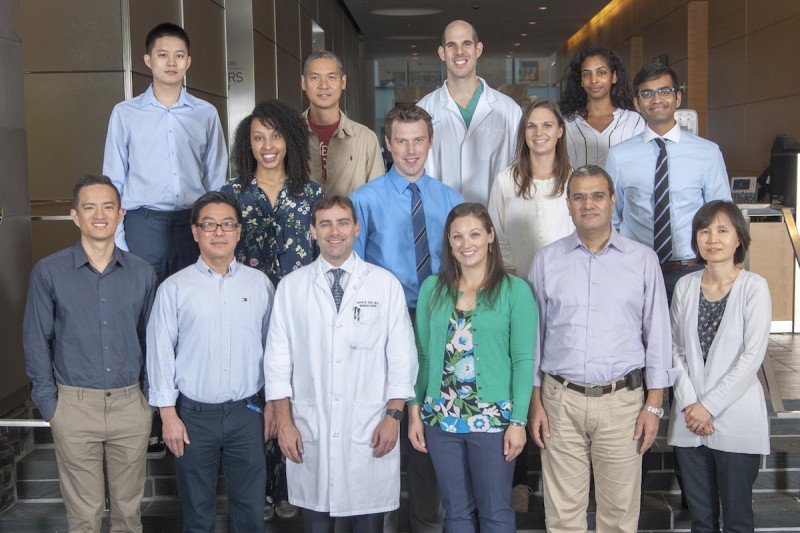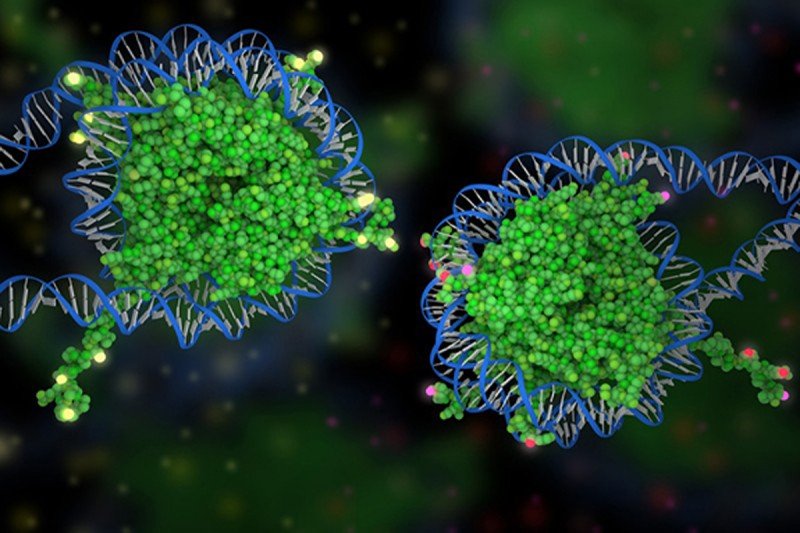
About Make-an-IMPACT
50% of people with cancers have a rare cancer. Many such cancers are understudied and their cause remains unknown. Treatment options for patients with rare cancers are often limited. The Memorial Sloan Kettering Make-an-IMPACT initiative provides individuals with rare cancers the opportunity to receive genomic testing at no cost to the patient. The primary purpose of the Make-an-IMPACT initiative is to understand why these rare cancers occur and to accelerate the development of new therapies for these diseases. Currently, the Make-an-IMPACT initiative is recruiting patients with the following rare cancers:
- Ovarian Germ Cell Tumors
- Sacrococcygeal Germ Cell Tumors
- Testicular Germ Cell Tumors that are refractory to chemotherapy
- Mediastinal Germ Cell Tumors
- Histiocytosis
- Pediatric Adenoid Cystic Carcinoma
- Pituitary Tumors
Germ Cell Tumors
Germ cell tumors are cancers that develop from germ cells. They most commonly arise in the testis in males and in the ovary in females. More rarely that can arise in the mediastinum or in the sacrococcygeal region. While germ cell tumors can often be treated effectively with chemotherapy, newer treatments are needed for patients whose tumors recur following standard therapy.
Histiocytosis
Histiocytosis refers to a group of rare cancers that arises from dendritic cells or macrophages. Erdheim–Chester disease, Langerhans cell histiocytosis, and Rosai-Dorfman disease are three types of histiocytosis. These tumors often harbor mutations in BRAF or related family of genes and may respond to drugs that target these proteins. There is currently a clinical trial for histiocytosis patients without BRAF mutations at MSK.
Pediatric Adenoid Cystic Carcinoma (ACC)
Adenoid cystic carcinoma is a rare head and neck cancer that most commonly arises in the salivary glands. It also can develop in the sinus, lacrimal gland, ear canal, vocal chords, skull base, and palate. It is unknown whether ACC that occur in children/young adults are biologically distinct from those in adults. New treatments are urgently needed for patients with pediatric ACC whose cancers recur following treatment.
Pituitary Tumors
Aggressive pituitary tumors are rare tumors with few available treatments. The majority of these tumors remain at their original site and cause disability through relentless growth into nearby structures in spite of treatment with surgery and radiation. An even smaller subset, only around 0.1% of patients with pituitary tumors, develop metastases. Genetic characterization of aggressive pituitary tumors may identify additional rational treatments for these tumors.
Studying extremely rare cancer types presents many challenges. If you have been diagnosed with one of these rare cancers you can help us understand how these cancers develop and identify the best ways to treat them.

The Solit laboratory at Memorial Sloan Kettering

Dr. David B. Solit, MD, Director, Marie-Josée & Henry R. Kravis Center for Molecular Oncology

Funding for Make an Impact is generously provided by Cycle For Survival (including Team Dany Testa), the Kravis Center for Molecular Oncology, and by the National Center for Advancing Translational Science of the NIH (UL1TR002384).
